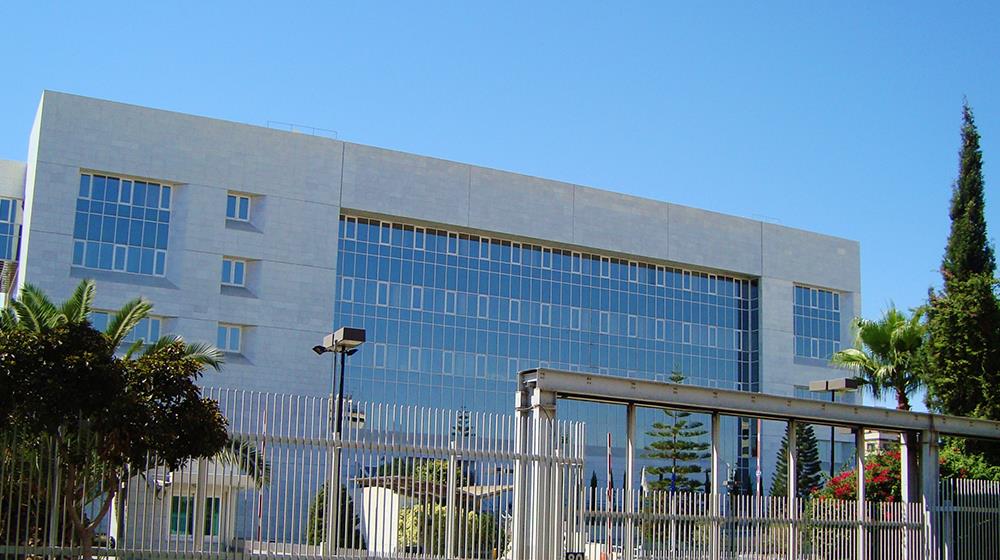The Central Bank of Cyprus (CBC) has issued a warning over a possible inflow of non-performing loans (NPLs), as high interest rates and high inflation weighs on the households’ disposable income and the businesses’ profitability.
In its Financial Stability Report for 2022, the CBC projects that GDP growth will amount to 2.4% whereas inflation will ease to 3.9% in 2023.
“Despite the prolonged war in Ukraine and continuous global challenges, the Cypriot economy will continue its positive course in 2023,” the CBC said adding that in 2024 and 2025 growth is projected to accelerate to 2.7% and 3.1% respectively.
However, the CBC pointed out that these projections were drafted before the outbreak of the war in the Middle East, which results into uncertainty over the possible impact on the Cypriot economy which will depend on the duration, the intensity and the scope of the war.
“Despite the Cypriot financial sector’s resilience, the impact on the Cypriot economy in a scenario of a prolonged war with the involvement of more countries, could indirectly create more challenges for the financial institutions”, the CBC said.
With regard to the high interest rates, the CBC pointed out that an important share of loans are linked with the banks’ basic interest rate which has not registered significant increase, as it is connected with the deposit interest rates and not the ECB base rates and as result have not risen significantly.
“Therefore, households and businesses whose loans lie within this category are not expected to be affected to a large extent,” the CBC noted.
Furthermore, the report noted that the full impact of a prolonged high inflation and the consequent rise of interest rates on the balance sheets of the non-financial institutions is expected to be more felt with the passage of time.
According to the report, high private debt, despite its downward trajectory during the past years, combined with the interest rate hikes and the pressures on living conditions due to the prolonged high inflation create additional challenges in the capacity of the sector and particularly vulnerable households and businesses to repay their debt.
Taken into account the expected shrinking of the households’ disposable income, the possible reduction in non-financial corporations’ profitability and rising interest rates, “the danger of a new wave of NPLs cannot be ignored,” the CBC added.
But the CBC added that so far there are no signs that this risk has materialised.
“While vulnerabilities in the sector of households and non-financial corporations have risen, economic growth, the fiscal support measures, as well as the precautionary savings in the private sector are supporting the financial sector’s resilience,” the CBC said.
According to the CBC, a possible rise in NPLs will have a direct impact on the credit institutions’ profitability due to increased provisions for credit losses and may affect their capital adequacy and asset quality and to a lesser extent, their capacity to provide new credit to the economy.
“However, the positive projections over GDP growth, low unemployment as well as the projected wage growth according to the CBC’s latest projections may assist in mitigating these risks,” the CBC added.
(Source: CNA)









